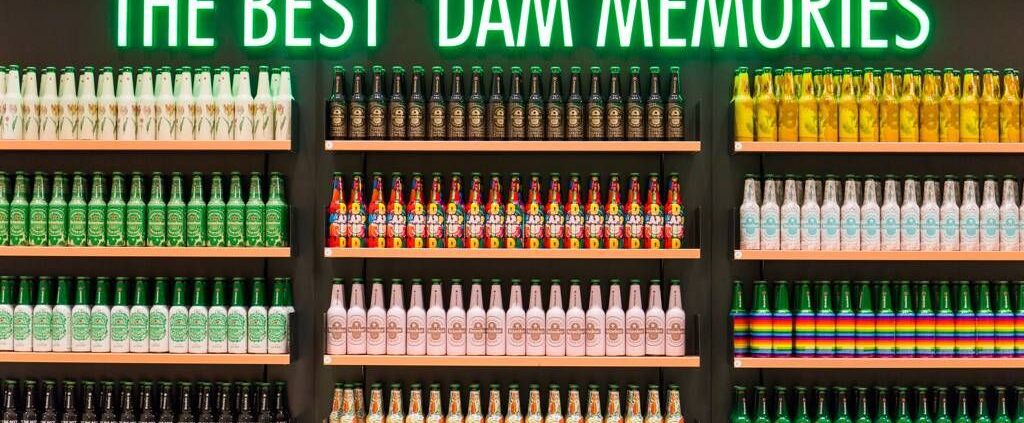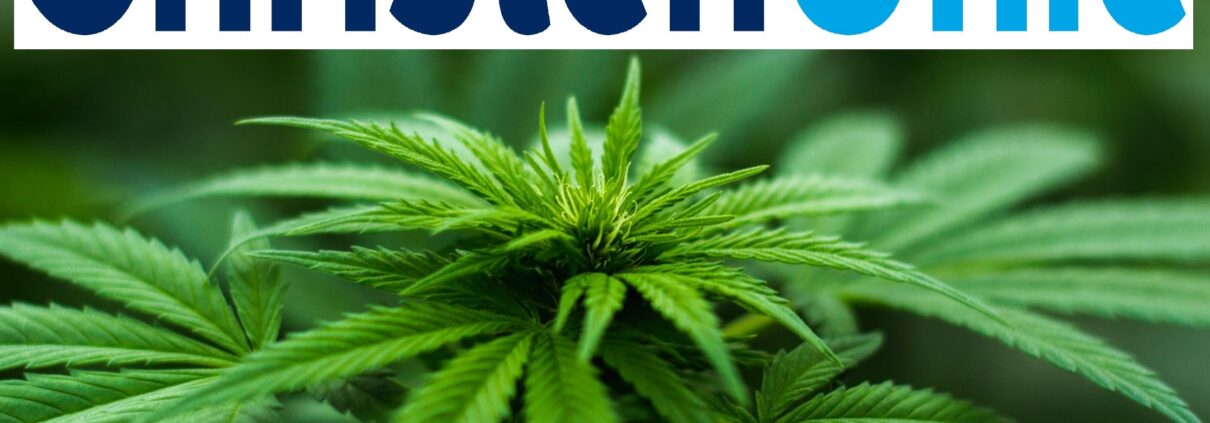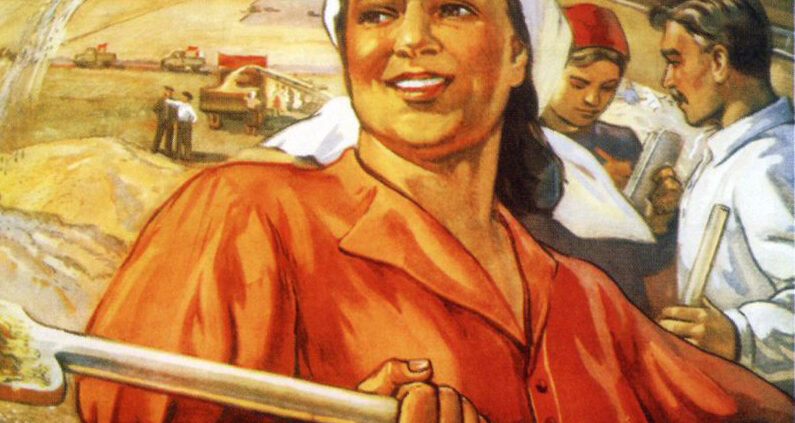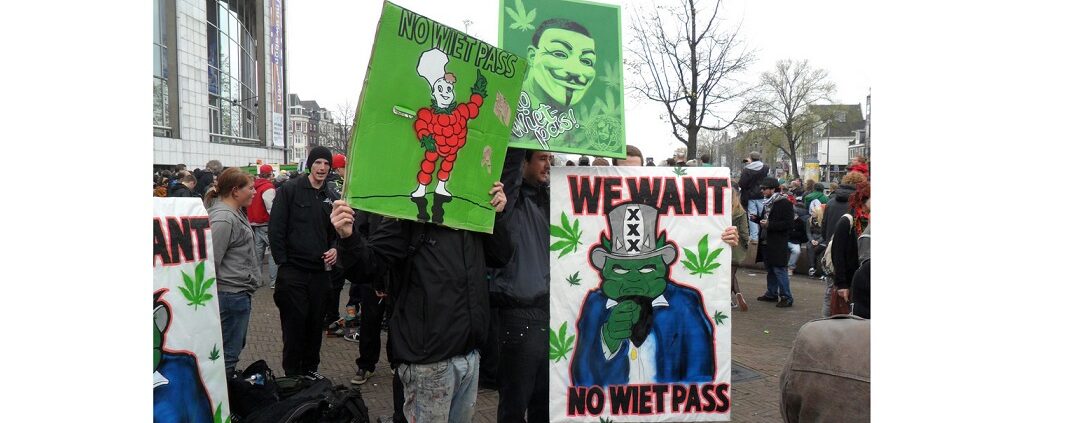Amsterdam mayor, Femke Halsema says she wants to “combat fun tourism” by reducing the demand for cannabis.
According to the mayor, a large proportion of what she calls “fun tourists” is attracted to prostitution in the city center and the “enormous amount of coffeeshops”. That is why she wants to see whether it is possible to make these markets “smaller and more manageable”.
This is what mayor Halsema told local news channel AT5 when asked about the municipality’s aims to keep tourists out of the city center.
After the corona crisis, the municipality doesn’t want ‘fun tourism’ to return to the city. The intention is that establishments and shops will again focus more on the residents of Amsterdam. The municipality wants to achieve this by, among other things, introducing new rules and purchasing buildings.
Halsema says that she is now focusing on the coffeeshops. She sees that there are no fewer than 120 shops in the city center, a large part of which live on tourism. “It doesn’t mean that we just close coffeeshops. But we do try to steer the demand.”
Earlier this year the mayor told the same news channel that she had plans for a large erotic center or a prostitution hotel as an alternative to the city’s Red Light District: A five-story building as the new erotic center of Amsterdam. Here patrons and tourists could not only visit sex workers but also make use of catering facilities, a hairdresser, a beauty salon, and a tanning salon. It would have space enough for about a hundred sex workers.
Although it’s well known by officials that most disturbances in the city center are the result of alcohol abuse, mayor Halsema did not mention the ‘Heineken Experience’, the beer funhouse (with ‘tasting facility’) on the edge of the city center, where tours of the brewery grew to become one of Amsterdam’s most popular international tourist attractions.





